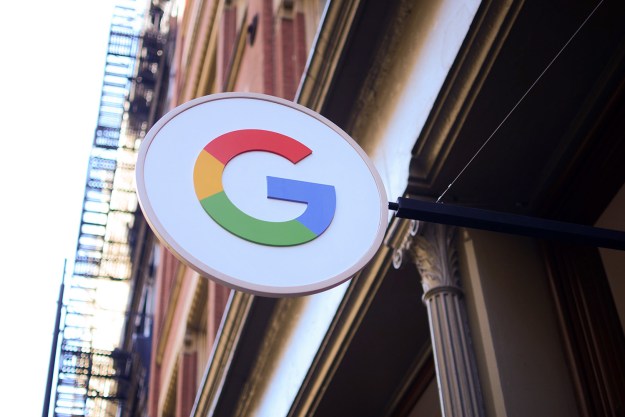
The tech giant calls this initiative “Project Zero.” Think of this as a tech-ified, geeky version of the A-Team. Google made the announcement via this official blog post.
Google’s team will work to fight threats both in its own products, and those made by other companies as well. Google will work with external software makers to ensure that their offerings don’t have any holes that pose potential threats to anyone.
“You should be able to use the Web without fear that a criminal or state-sponsored actor is exploiting software bugs to infect your computer, steal secrets or monitor your communications,” Chris Evans, a member of Google’s security research team says. “Yet in sophisticated attacks, we see the use of ’zero-day’ vulnerabilities to target, for example, human rights activists or to conduct industrial espionage.”
Evans says that every bug they find will be documented in an “external database.” Only software vendors will initially be notified of these bugs, and no one else. A bug report will typically become public right when a patch is also available. To beef up this task force, Google is hiring the best and brightest security researchers they can find.
Considering that data breaches in New York State cost people over $1 billion just last year alone, we hope that Project Zero gets cracking sooner than later.
Editors' Recommendations
- 5 web browsers you should use instead of Google Chrome or Edge
- How to create a slideshow in Google Photos on mobile and web
- Bing Chat just beat a security check to stop hackers and spammers
- Lapsus$ hackers convicted of breaching GTA 6, Nvidia, and more
- Chrome has a security problem — here’s how Google is fixing it


